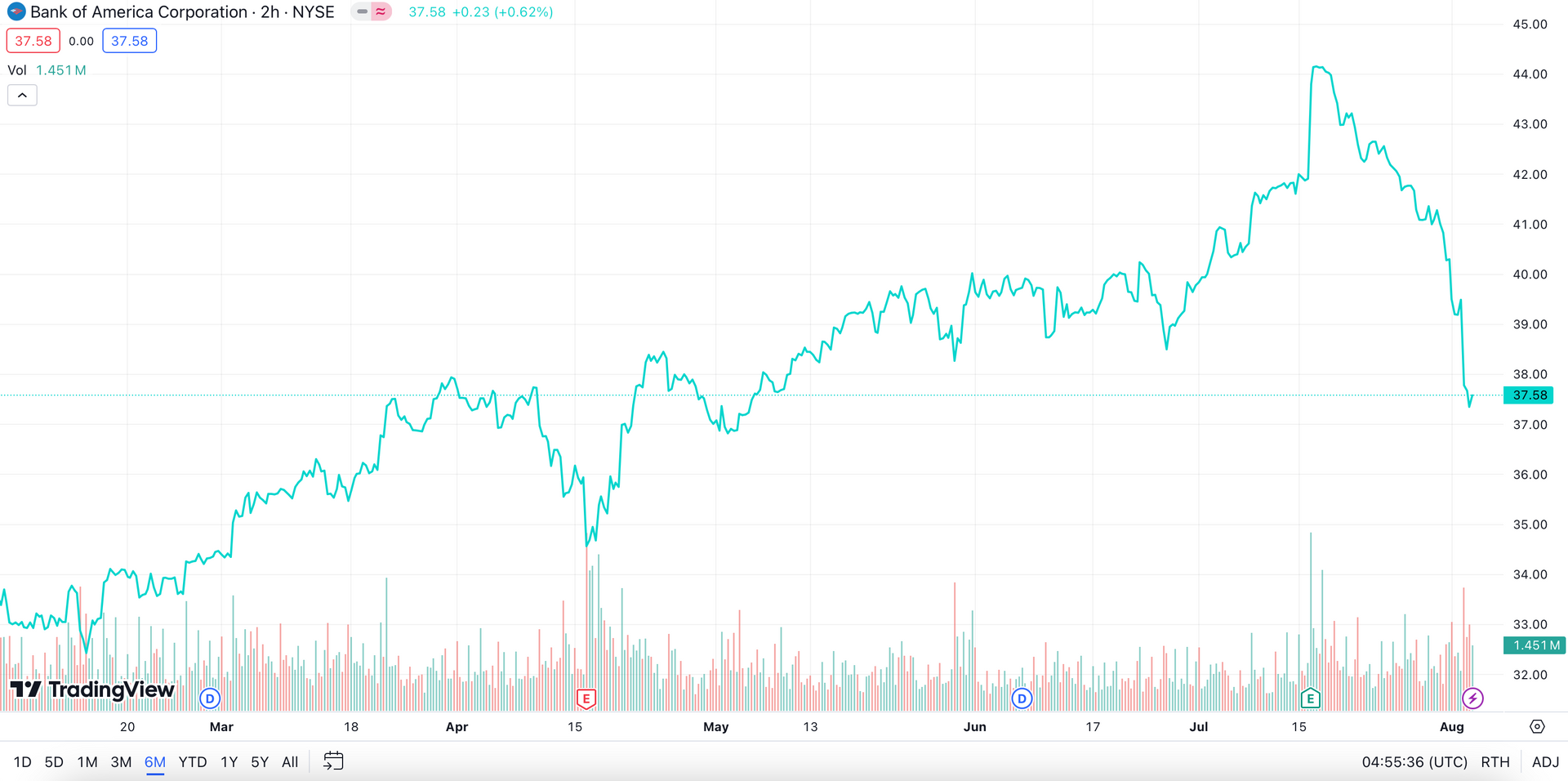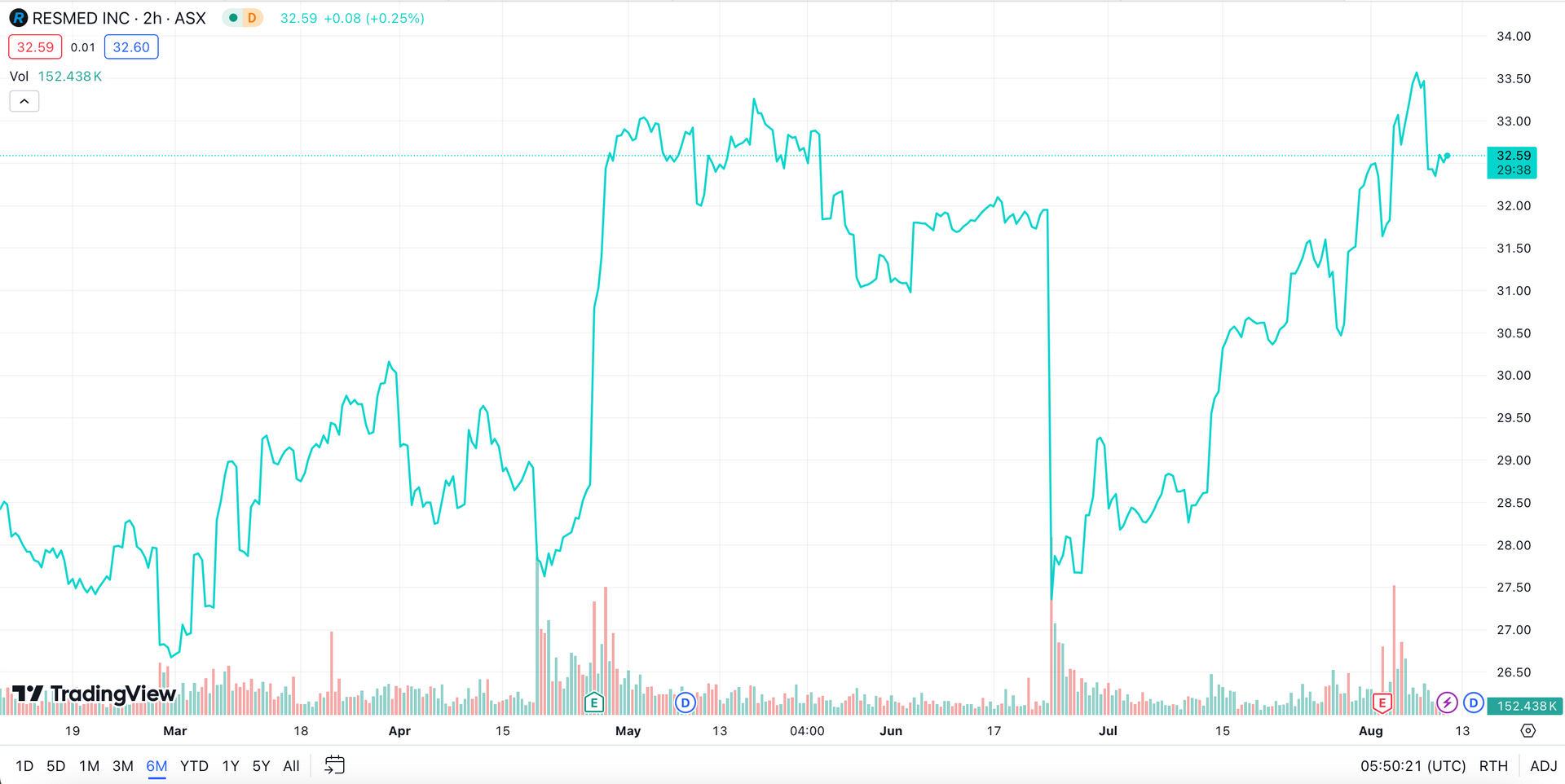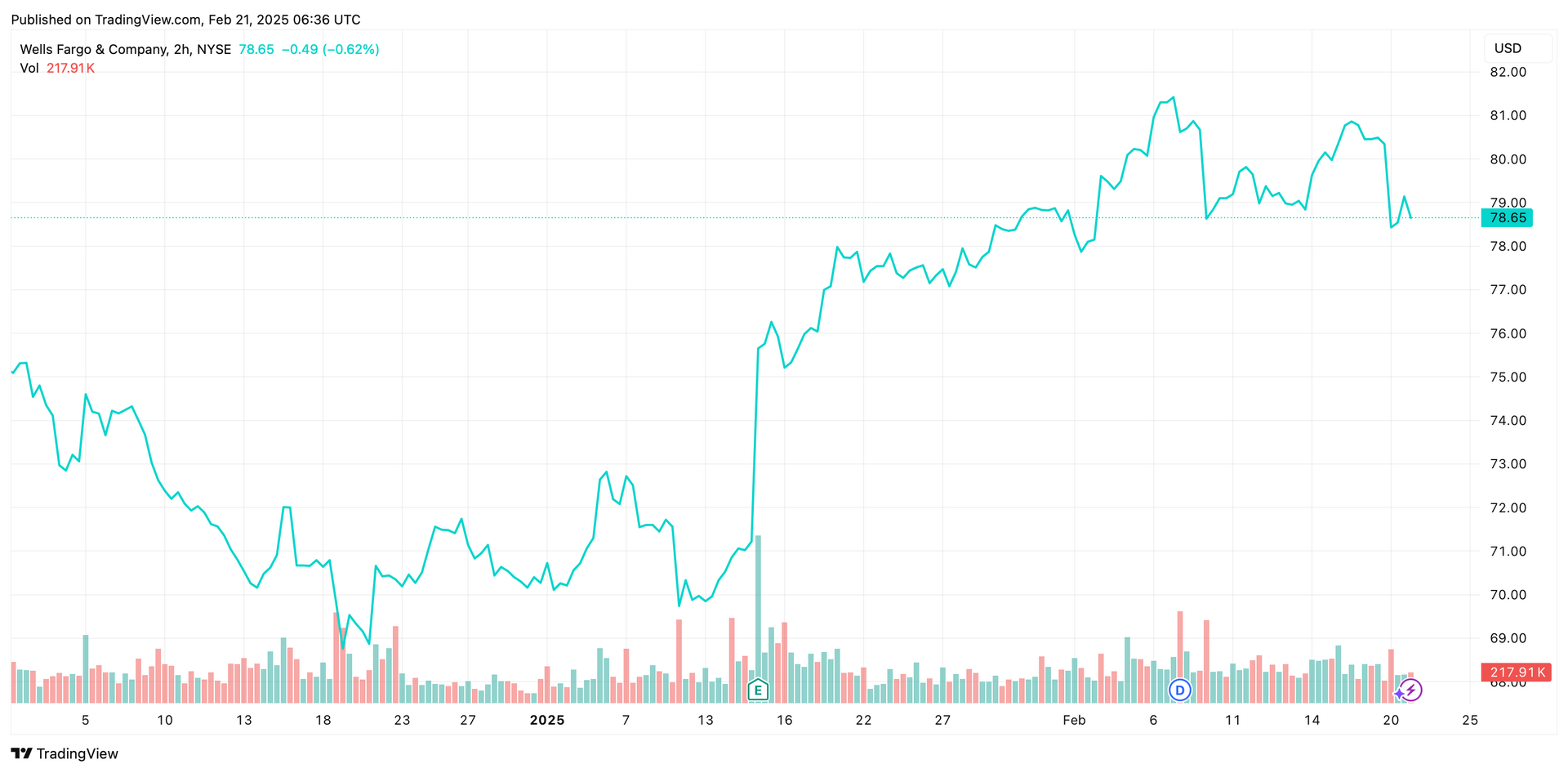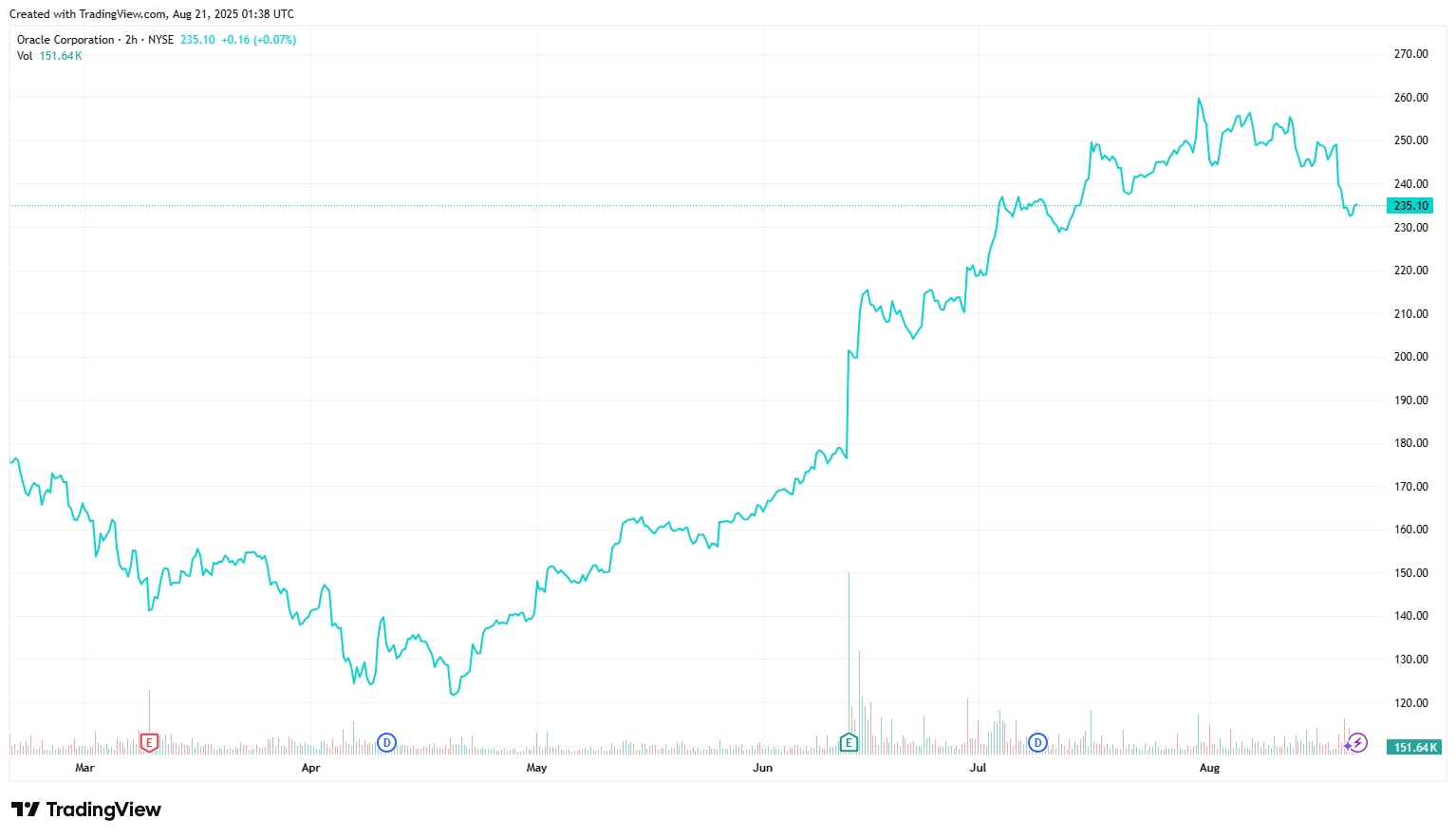From Innovation to Momentum
AI is entering an acceleration phase as investment in infrastructure, semiconductors and enterprise software expands rapidly. According to the International Data Corporation (IDC), global spending on AI including AI-enabled applications, infrastructure and related IT and business services is expected to more than double by 2028 to USD 632 billion, growing at a 29% compound annual rate. This surge reflects the widespread adoption of AI across industries, from automation and analytics to cloud computing and enterprise software.
The capital markets are moving in tandem. JPMorgan Chase & Co. reports that debt tied to AI has reached USD 1.2 trillion, now the largest segment in the investment-grade market. AI-linked companies represent 14% of the high-grade debt universe, up from 11.5% in 2020, overtaking US banks at 11.7%. The figures highlight how deeply AI has permeated corporate financing and investor positioning, signalling that the technology is no longer a niche innovation but a core driver of capital flows.
At the corporate level, OpenAI and Nvidia sit at the centre of a USD 1 trillion AI boom, supported by partnerships to build data centres powered by Nvidia chips and by OpenAI’s strategic investment in AMD. These interlinked deals underscore the scale of strategic competition across the ecosystem. Together, they show how AI’s rise is being fuelled by both technological progress and market exuberance, where investor optimism, while supported by genuine productivity gains, may still be outpacing near-term profit realisation.
The Psychology Behind the Boom
Investor sentiment around AI is being shaped by behavioural forces that have accompanied previous innovation cycles. FOMO, or fear of missing out, is prompting institutional investors to increase exposure to AI-linked equities despite stretched valuations. Narrative contagion, amplified by media coverage and corporate communications, reinforces the perception that AI is inevitable. Overconfidence bias encourages the belief that investors can time their entry and exit precisely, while moral validation creates conviction that investing in AI is aligned with progress and growth.
These behaviours are not inherently negative. They reflect optimism about technological advancement and confidence in its long-term value. However, recognising these psychological patterns helps investors separate enduring opportunity from short-term exuberance. The objective is not to avoid AI exposure, but to approach it with discipline and selectivity, as with any structural growth theme.
Lessons from Past Cycles
Past innovation cycles provide practical insight into the dynamics of today’s AI boom.
Innovation takes time to monetise. The dot-com era produced enduring giants such as Amazon and Google, but only after years of volatility and capital consolidation. The crypto cycle offered similar lessons, as early hype around decentralised finance and digital assets eventually gave way to more selective, utility-driven adoption. AI is likely to follow a comparable path, where structural value accrues to firms that integrate technology deeply into scalable, revenue-generating models.
Narratives peak before fundamentals.
Companies citing “AI” on earnings calls have surged to a record 287 in the second quarter of 2025, according to FactSet, well above the five-year average of 124. Yet actual revenue attribution to AI remains highly concentrated. This disconnect mirrors past cycles, where narratives often peaked before measurable returns emerged.
Infrastructure often wins first.
In the internet era, early gains came from routers, data centres and network operators. In AI, the equivalents are semiconductor leaders, hyperscale cloud providers and power infrastructure firms that enable large-scale model training. Goldman Sachs estimates that data-centre power demand tied to AI will grow by 165% by 2030, highlighting the breadth of secondary beneficiaries.
Valuation discipline still matters.
As markets mature, capital shifts from aspirational stories to demonstrable earnings. Firms that can show tangible productivity improvements and cost efficiencies from AI integration will justify their premiums, while others may face re-ratings as expectations reset.
From Euphoria to Endurance
AI’s long-term potential is not in question. Productivity improvements across software, logistics, finance and healthcare are already evident. Companies like ServiceNow, Salesforce and Adobe are embedding generative AI into workflows, reporting measurable time savings and client retention gains. Global projections suggest the technology could contribute trillions to economic output over the next decade, creating new industries and transforming existing ones.
The challenge lies in timing and selectivity. Investors who treat AI as a structural evolution rather than a speculative wave will be better positioned for durable value creation. The focus should be on identifying businesses with clear economic moats, such as those controlling data, compute or proprietary integration, that can translate technical capability into consistent revenue growth.
The most enduring lesson from past cycles is that innovation and exuberance often coexist. Over time, speculative excess gives way to operational integration and steady performance. AI will likely follow a similar trajectory: early exuberance, market recalibration, and eventual diffusion across every sector of the economy.
AI is not a passing trend. It is a structural force reshaping industries, capital markets and competitive advantage. For investors, success will depend on balancing conviction with discipline, embracing AI’s transformative potential while staying alert to sentiment, valuation and the difference between early hype and lasting impact.












